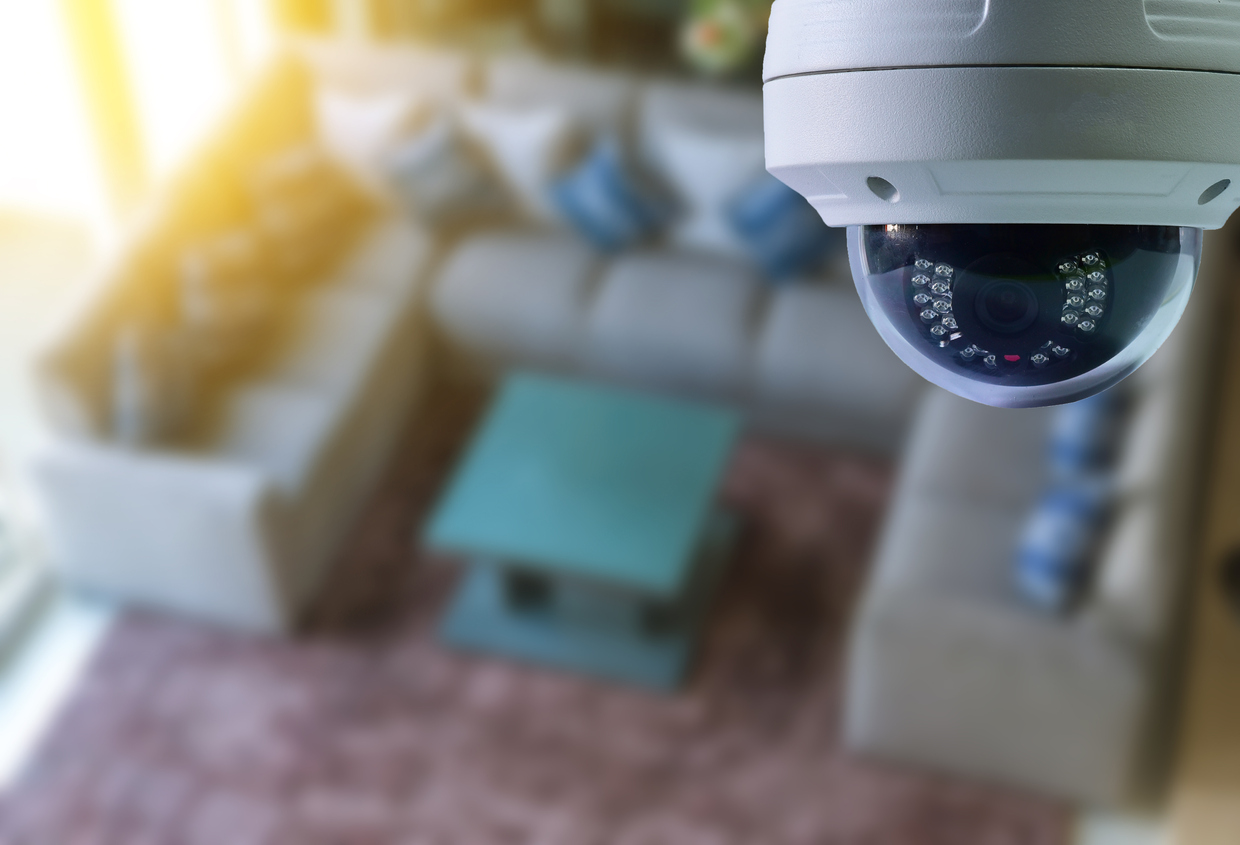Hawk Law Group | November 9, 2021 | Georgia Law

Nanny cams are legal in Georgia for monitoring criminal activity. The video from a nanny cam could become valuable evidence in a criminal or personal injury case against a nanny for negligence or assault.
However, Georgia, like most states, has laws against voyeurism and eavesdropping. Using a nanny cam to invade your nanny’s privacy could violate these laws.
Here is some information about the circumstances in which nanny cams are legal in Georgia.
Purpose of Nanny Cams
Parents use nanny cams to record babysitters and nannies with the children under their care.
The videos can provide evidence of:
- Mistreatment and abuse
- Theft
- Unauthorized people in your home
- Neglect
Parents often use nanny cams secretly. That is, they may hide the camera, so the caretaker does not know of the recording. People typically hide the cameras in toys, clocks, wall sockets, and picture frames.
Parents may also use nanny cams openly. In this case, the caretaker knows these cameras exist and expressly or implicitly agrees to their use.
Function of Nanny Cams
Any camera can function as a nanny cam. A nanny cam encompasses any camera that captures video in your home or yard while you are not home. A basic model records video onto a hard drive or flash drive.
More advanced models include additional features, such as:
- Cloud storage
- Real-time streaming
- Two-way communication
- Night vision
Nanny cams may connect to a security system or operate as stand-alone products.
Legal Issues Raised by Nanny Cams
Georgia does not restrict the purchase, possession, or installation of nanny cams. The legality of nanny cams turns on the way you use them, rather than the camera itself.
Consent
The overriding issue with nanny cams is consent. If the caretaker consents to the use of cameras, you can use the nanny cam for any purpose covered by the consent.
The legal uses will depend on how you worded the consent. A caretaker could consent to the recording of video using visible cameras, but not to the use of hidden cameras.
Also, the consent will limit how you can use the video and audio recordings. You can, for example, obtain consent to use the video and audio recordings to monitor for abuse or neglect. But this would not authorize you to sell the videos or post them online.
Audio Recording
Generally, you cannot record audio of conversations unless:
- You are part of the conversation
- You obtain consent from at least one person in the conversation
A nanny cam could violate Georgia’s law against eavesdropping and recording of conversations. Your nanny cam records when you are away from home. This camera could capture conversations between, for example, a caretaker and their parent in violation of Georgia’s law.
You could come into compliance with Georgia’s law by:
- Recording video only
- Obtaining consent from the nanny to record audio
You will have a difficult choice when it comes to these options. You must decide whether your need for secrecy outweighs the need for audio recordings.
Video Recording
You can capture video in your home where the caretaker has no reasonable expectation of privacy for:
- Security
- Crime detection
- Crime prevention
You must meet two criteria to satisfy this statute.
Reasonable Expectation of Privacy
You cannot record a video of your caretaker in a private location, regardless of the recording’s purpose. This means no nanny cams can be placed in the caretaker’s bathroom or bedroom.
Purpose
The purpose of the recording must fit the description of security, crime detection, or crime prevention. This means you cannot sell the videos, post them online, or use them for any other non-security purpose.
Value of Consent
If you obtain consent from your caretaker when you hire them, nanny cams provide a powerful disincentive for wrongdoing. A secret recording does not do this.
More importantly, consent will overcome a caretaker’s objection to the use of the videos as evidence in a personal injury case against the caretaker. With consent, you will obtain evidence that is both valuable and usable in court.
Contact the Personal Injury Lawyers In the Central Savannah River Area at Hawk Law Group for Legal Assistance Today
For more information, please contact the personal injury lawyers at Hawk Law Group at our nearest location to schedule a free consultation today.
We serve throughout the Central Savannah River Area and its surrounding areas:
Hawk Law Group – Augusta, GA
338 Telfair St, Augusta, GA 30901, United States
(706) 722-3500
Hawk Law Group – Evans, GA
4384 River Watch Pkwy, Evans, GA 30809, United States
(706) 863-6500
Hawk Law Group – Thomson, GA
146 Railroad St A, Thomson, GA 30824, United States
(706) 361-0350
Hawk Law Group – Waynesboro, GA
827 Liberty St, Waynesboro, GA 30830, United States
(706) 437-9122
Hawk Law Group – Aiken County, SC
156 Laurens St NW, Aiken, SC 29801, United States
(803) 226-9089
We also serve in Edgefield County, SC.